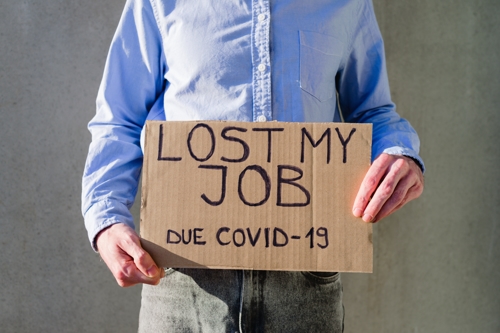
In Matter of D* A*, the Appellate Division, Third Department, addressed the intersection of public health mandates and religious liberty within the context of unemployment insurance eligibility. The claimant, D* A*, was disqualified from receiving unemployment benefits after she failed to comply with a COVID-19 vaccination mandate imposed by her employer pursuant to a New York City emergency executive order. Her employment ended in October 2021, and she subsequently filed for benefits, asserting that her refusal to be vaccinated was grounded in sincerely held religious beliefs.
Initially, the Unemployment Insurance Appeal Board upheld the Department of Labor’s determination that she voluntarily separated from employment without good cause. However, during the pendency of her appeal, the Board reopened the matter under Labor Law § 534 to specifically consider her claim of religious exemption. At the remand hearing, the claimant was given the opportunity to substantiate her beliefs. Despite being advised to articulate how her religion or its tenets prohibited vaccination, she declined to provide specific answers regarding her faith, religious practices, or any spiritual counsel she may have sought.
The Board drew an adverse inference from her refusal to elaborate, concluding that her objections were personal and secular rather than religious in nature. As a result, it reaffirmed its prior decision: her separation from employment was voluntary and without good cause, rendering her ineligible for benefits under Labor Law § 593(1).
The AD3 affirmed that decision, emphasizing that determinations of good cause and the sincerity of religious beliefs are factual matters reserved for the Board. The appellate court deferred to the Board’s credibility assessments and found that substantial evidence supported its conclusion. The court also dismissed the appeal from the earlier 2022 decision as moot, since it had been superseded by the Board’s December 2023 ruling.
This case underscores the evidentiary burden placed on claimants asserting religious exemptions in administrative proceedings. It also illustrates the judiciary’s deference to administrative fact-finding, particularly when claimants fail to substantiate claims that would otherwise invoke constitutional or statutory protections.
In response to the decision a colleague quipped, "Skipping the vax because 'God will protect you' is like refusing a life raft during a flood—faith’s great, but so are flotation devices."
While another joked, "Even Moses would've rolled up his sleeve—plagues are kind of his thing."
# # #
DECISION
